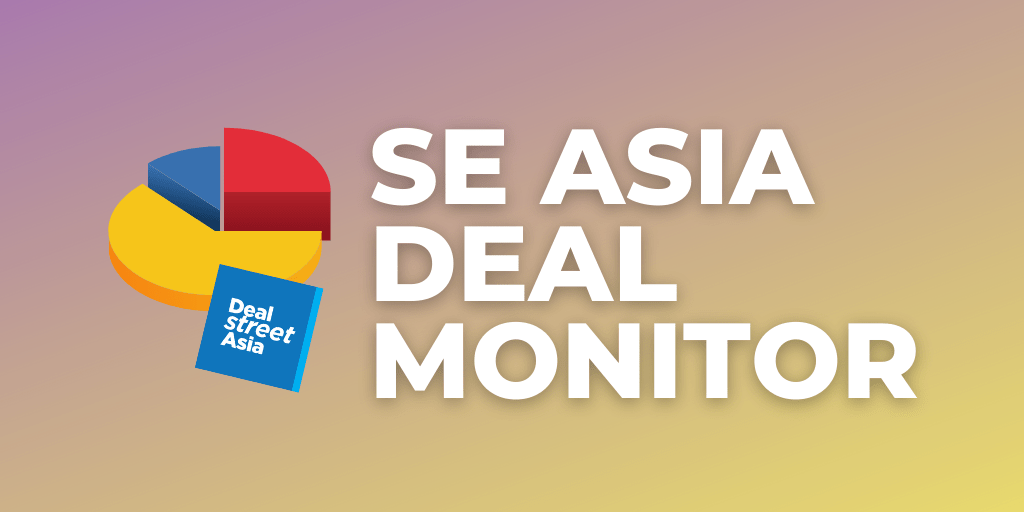TOKYO, Japan — The ailing panel producer announced Thursday that it will sell a manufacturing business to Taiwanese contract assembler Wistron for about 8 billion yen ($72.3 million), the latest in a string of asset sales aimed at reducing fixed costs. Under an outsourcing deal with Wistron, Japan Display, or JDI, will continue to have Kaohsiung Opto-Electronics construct the company’s liquid crystal display modules for autos and industrial machinery following the sale. Wistron will buy Kaohsiung Opto-Electronics, a Taiwanese company, as a wholly owned subsidiary. Following permission from authorities, the companies want to close the merger between September and December. In 2020, the JDI subsidiary sold 9.5 billion Taiwanese dollars ($339 million). The Japanese parent will retain design and sales capability for industrial gadgets. The panel maker, which outsources the production of mobile device displays to Wistron, wants to expand its connection with the contract partner to include other industries, such as automotive, in order to gain new clients.
Wistron Smart Devices CEO David Shen, left, and Japan Display Chairman Scott Callon, right: JDI and Wistron want to expand their collaboration into other areas. (Ryosuke Eguchi photo)
Chairman and CEO Scott Callon said during a virtual news conference on Thursday that JDI expects the purchase to save money while also increasing income through cross-selling with Wistron.
According to David Shen, president and CEO of Wistron Smart Devices, the Taiwanese assembler is looking forward to leveraging the cooperation with JDI and expanding into new industries such as medical and health care.
JDI’s financial health was damaged by intense rivalry, which pushed the company into negative net worth at one point. The Japanese corporation has been rebuilding its financial base with backing from the public-private fund Innovation Network Corp. of Japan and independent firm Ichigo Asset Management after a turbulent time including reorganization. As of March 31, JDI’s capital ratio has improved to 17.6 percent. Reduced hefty fixed costs is a major challenge. JDI sold its partially idle Hakusan facility in Japan’s Ishikawa Prefecture to Sharp and another buyer in 2020 as part of a campaign to sell assets. JDI reported a net loss of 42.6 billion yen for the fiscal year ending March 2021, marking the company’s seventh consecutive year in the red./n
.jpg?width=1024&height=512&fit=cover&gravity=faces&source=nar-cms)




